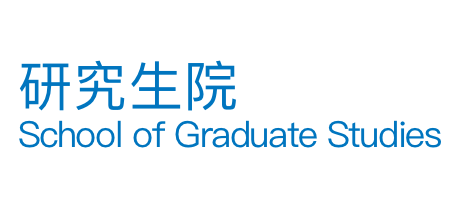In a major milestone for international scientific collaboration and recognition of Macao’s research excellence, Dr. Marta Filipa Simões, researcher at the State Key Laboratory of Lunar and Planetary Sciences (SKLPlanets), Macau University of Science and Technology (MUST), is now a core member of a newly approved project under Brazil’s National Institutes of Science and Technology (INCT) 2024 funding program.
The project, titled: National Institute for Identification, Quantification, Dispersion, Environmental Risks and Mitigation of Pollution by Emerging Contaminants in Marine and Coastal Environments – CEMAR, is one of 143 interdisciplinary networks approved in Brazil’s largest-ever INCT call, with a total investment of R$ 1.63 billion (approximately MOP 2.66 billion). The INCT 2024 call was made possible through expanded funding from Brazil’s National Fund for Scientific and Technological Development (FNDCT) and the participation of nine state research foundations, alongside federal agencies such as CAPES and the Ministry of Health. The initiative aims to foster high-impact, multi-institutional research networks that address pressing national and global challenges.
The project, coordinated by Prof Denis Abessa brings together a global team of experts, from Brazil, namely from São Paulo State University (Denis Abessa, Cristiane Ottoni, Leandro Castro, Milene Fornari, and Yoannis Rodríguez), Institute for Energy and Nuclear Research- IPEN (Almir Neto), Federal University of Alfenas (Rafael Perna); from Portugal, University of Lisbon (António Brito) and University of Minho (Sara Silvério). From Macao, it includes Prof. Marta Filipa Simões from the SKLPlanets at MUST and also Prof. André Antunes from the Institute of Science and Environment (ISE) at the University of Saint Joseph (USJ).
“This collaboration is a testament to the international reach of SKLPlanets and MUST’s commitment to addressing planetary-scale challenges” said Dr. Simões. “By linking marine pollution research with astrobiological and planetary health perspectives, we are opening new frontiers for science and sustainability, while supporting global efforts toward the UN Sustainable Development Goals, particularly those related to life below water (SDG 14), climate action (SDG 13), and partnerships for the goals (SDG 17)”.
Dr. Simões’s participation brings a distinctive perspective to the CEMAR project, integrating her expertise in microbial life in extreme environments, including Martian analogs, with marine pollution research. This interdisciplinary approach enriches the project’s scientific scope and highlights the innovative contributions of Macao’s research institutions. Furthermore, her involvement, alongside other Macao
-based researchers, underscores the region’s growing role in global environmental and planetary health initiatives. It also reinforces the MSAR’s strategic position in fostering scientific collaboration across Portuguese-speaking countries.
MUST proudly celebrates this achievement as a testament to its expanding international presence and the excellence of its research community. The university remains committed to advancing transformative science through global partnerships and interdisciplinary innovation.

Prof. Marta Filipa Simões at the experimental platforms from the SKLPlanets at MUST




























